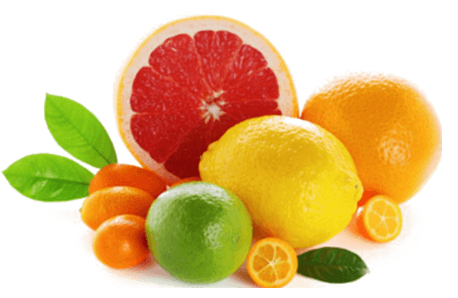Although the following claim has been hotly contested one can safely assume, since the dawn of man and woman kind, the fact is we use our brains to a greater or lesser extent, for better or for worse for everything. More so with the digitization of society since these devices engage every part of the nervous system and are then coordinated for whatever purpose by the brain. We want to at least preserve and maintain this organ and its functions and with life’s ever-increasing complexity and ideally optimize it to rise to the demands of our milieu. Or even just for fun activities like chess, poetry, hand-eye coordination of a game of hoops or ping pong, a yoga class, piano lessons, shopping without a list, or a new language and the elevated level of skill acquisition required if you are doing any of these pursuits for the first or so time.
Many factors influence brain health.
Circulation and more specifically cerebral-vascular health can be the difference between a nutrient and/or oxygen deprived sub-par brain function and “firing on all cylinders”. Healthy circulation can also help protect from strokes and other vascular concerns like impaired blood flow and hardening of blood vessels. Herbs and supplements such as gingko and turmeric (blood thinning warning for both) are antioxidant rich herbs that promote proper blood flow whereas grape seed, pycnogenol, club moss, goth kola and vinpocetine and lion’s mane mushrooms can support vascular strength and integrity. Interestingly many of these plants notably lion’s mane structurally resembles neural tissue which certain healing traditions say gives them an affinity and support for our nervous systems.
Neurochemically speaking lecithin, choline, phosphatidyl choline, are safe and accessible supplements and food components in soy, eggs, and nuts which supply choline and phosphatides; precursors to acetylcholine, the memory neurotransmitter. Amino acids like acetyl l carnitine help proper use of fats that feed the brain, and acetyl l tyrosine (often used before test taking) as well as lysine help alertness and information retrieval by supporting proper ephedrine and other neurotransmitters and have easy access through the brain blood barrier. DMAE and DHA both derived from sea (algae) or fish sources also help proper brain chemistry. A unique form of magnesium often used to alleviate muscle spasms, called Magnesium threonate helps promote nerve conduction especially in the brain.
Natural nootropics (define) like bacopa, (a traditional and legendary Ayurvedic rasanya or rejuvenate called Brahmi or supreme mind), wood betony, spearmint, and chocolate, support neural functioning and neuroplasticity as well as promoting neural regenerative processes. In addition, they are neuroprotective helping clear cellular debris and toxins and making neural tissue more resistant to degradation, decline and oxidative stress which is akin to rust in a machine’s parts. Oxidative stress can result from free radicals from nitrosamines from frying or over grilling protein rich foods, excess exercise or exertion, general stress or even over consumption of meats and sugars or empty or high glycemic carbohydrates, as well as air and water pollution, and radiation and emf exposure from x-rays, nuclear power and cell phone towers and routers.
Of course, the gut feeds the brain by synthesizing, absorbing and distributing nutrients and substrates to neurotransmitters...so probiotics are a good idea. Some even target nervous system substances through particular strains. One such supplement called Brainbiotic contains strains that have been researched as elevating mood.
Some of the most exciting anti-Alzheimer research is bearing out the impact of diet to prevent or treat cognitive impairment. Studies indicate that foods like oats rich in beta glucans and other endurance and neuro-protective compounds, salmon for DHA and health supporting amino acids, green teas rich in anti-aging polyphenol and ECCGs, and EFA and nutrient rich walnuts and pecans apparently provide factors that could address beta amyloid accumulation (or effectively neural plaque) and help glial cells to clean them out and are otherwise neuro protective.
Sleep also helps here: it’s when the body, especially the brain, takes its garbage out. Formulas containing ashwagandha, a renowned and popular adaptogen, along with other members of the cannabinoid family like magnolia in some milk (a source of relaxing tryptophan of post-thanksgiving turkey fame) or a dairy substitute and honey or in tart cherry juice which helps the body manufacture its own melatonin, by promoting restorative sleep can thereby contribute to brain health.
Remember to always consult your physician, pharmacist and/or health care professional to avoid undesirable interactions especially when taking blood thinning or nervous system related medications before taking these or other supplements.
And remember, hopefully better than ever following these recommendations, take care of your brain and it will take care of you.

Log In